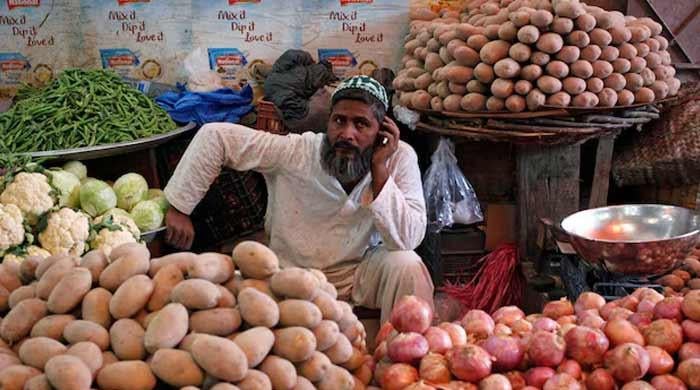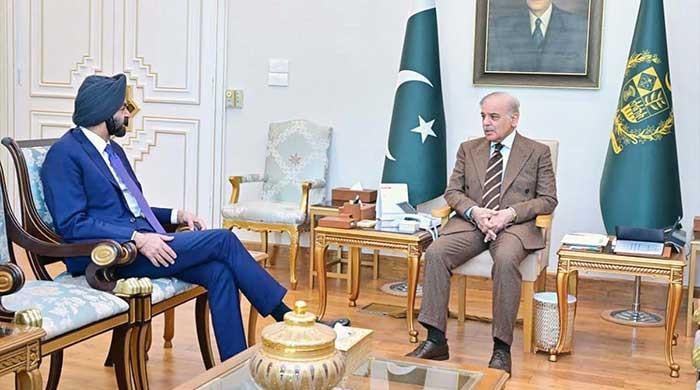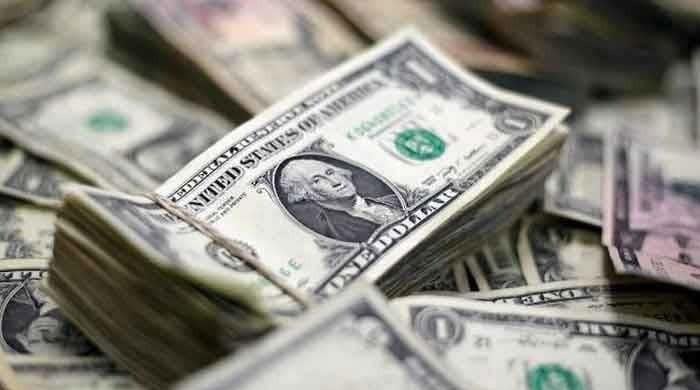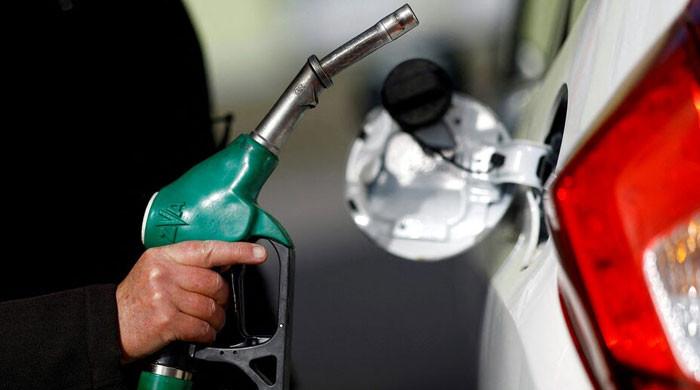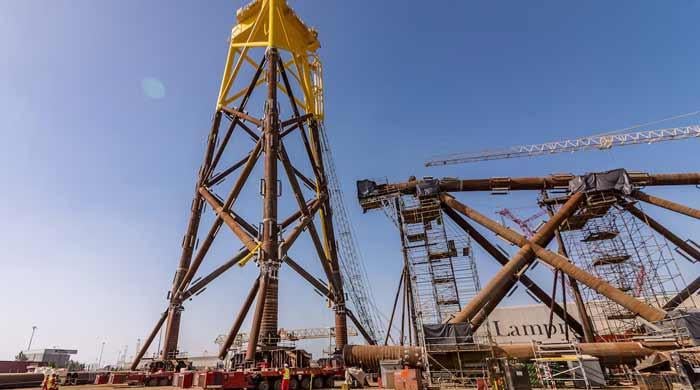HRW urges IMF to shield Pakistan's vulnerable people
Organisation asks global lender to broaden social protection systems and minimise risky reform measures
February 07, 2023
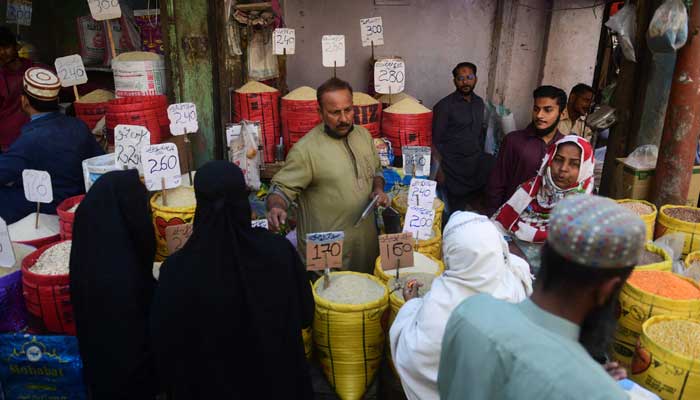
- HRW says cuts in subsidies should follow comprehensive reform plan.
- "IMF and Pakistan should prioritise and protect low-income people."
- Organisation asks IMF to make needed funds available to Pakistan.
Human Rights Watch (HRW) Tuesday urged the International Monetary Fund (IMF) to work with the Pakistani government to protect its "economically disadvantaged" population.
The international NGO (INGO), in its lengthy statement, asked the US-based money-lending institution to ensure shielding the country's vulnerable people by "broadening social protection systems and minimising reform measures that risk further harm".
"With poverty, inflation, and unemployment soaring, Pakistan is facing one of the worst economic crises in its history, jeopardising millions of people’s rights to health, food, and an adequate standard of living," the global NGO's statement read.
Islamabad, had last month, began its formal talks with the global money lender to discuss an economy-rescuing plan that also includes an instalment of a $1.1 billion loan payment from a $6.5 billion bailout package, which was designed to ward off Pakistan's economic meltdown in 2019.
Commenting on the impact of the country's economic situation on its vulnerable population, HRW Associate Asia Director Patricia Gossman said: "Millions of Pakistanis have been pushed into poverty and denied their fundamental social and economic rights. The IMF and the Pakistani government have a responsibility to address this crisis in a way that prioritises and protects low-income people.”
For the week ending January 27, the State Bank of Pakistan-held foreign exchange reserves fell by 16% to $3 billion — an amount which covers less than three weeks' worth of the country's imports.
The country is already facing its highest levels of inflation since 1975, while the cost of perishable commodities increased by 60% in January. A rise in inflation is expected to continue.
"Acute shortages of foreign currency mean that many imports, including essential medicines, are scarce or unobtainable," the HRW stated.
Responding to IMF's demand, the government — at the end of last month — hiked prices of fuel and lifted a cap on the rate of foreign exchange with the rupee's value taking a nosedive, in addition to a 9.6% loss on a single day in January.
The HRW, in its statement, mentioned that at least a quarter of the country's population was "living below the poverty line well before this crisis".
According to the World Food Programme's 2018 estimations, 21% people were undernourished and 44% children aged below five had stunted growth.
Meanwhile, the Asian Development Bank's report found that for every 1,000 children born in the country in 2020 — the year marred by COVID-19, 65 under-five children died. Electricity was inaccessible to nearly 25% of Pakistan's population in the same year.
The INGO deemed the Benazir Income Support Program (BISP) an "important initiative" for the country's millions of households, but suggested that it requires significant expansion to "protect large segments of the population from the added burden of potential additional IMF-mandated measures raising prices for necessities".
It further added that Islamabad's negotiation — which will continue till February 9 — with the Washington-based lender is meant to clear the ninth review of its Extended Fund Facility.
The facility is aimed at supporting countries dealing with crises involving the balance of payments.
The bailout instalment by IMF would alleviate the dire currency shortage and open doors to other funding sources, including those from bilateral and multilateral donors.
The HRW stated the IMF's conditions for handing out loans to Pakistan could either worsen the population's social and economic hardships or offer sorely needed relief to Pakistanis while addressing the root causes of the crisis. The INGO stated that the conditions could directly or indirectly impact the country's low-income class.
"The IMF program should conduct a thorough assessment of the direct and indirect impact these adjustments would have on low-income people and adequately mitigate them.
"It should use part of the anticipated savings to strengthen social safety nets by including a structural benchmark to significantly broaden coverage and increase social spending," the HRW said, adding that the lending institution should urge Islamabad to reduce barriers and enact policies to increase women’s access to employment by ensuring access to state-funded facilities such as maternity leave and affordable menstrual hygiene.
It recommended new but progressive tax measures which do not aggravate inequality and undermine human rights.
"Any cuts in subsidies for electricity, fuel, and natural gas should be preceded by a comprehensive reform plan that ensures everyone is able to access energy supplies essential for basic rights," the human rights organisation said.
It urged IMF to encourage Pakistan's government to spend on social services such as healthcare, poverty reduction programmes, and education while improving its infrastructure of tax collection and adopting strict and transparent accountability.
"The IMF should use its procedures to make needed funds available as soon as possible, putting into place safeguards to protect people’s economic and social rights," the HRW said, while urging the Pakistan government to utilise the funds to support the population most impacted by the country's economic crisis.
“The IMF should provide Pakistan the time and flexibility to achieve a sustainable, inclusive, and rights-based recovery," Gossman said.




